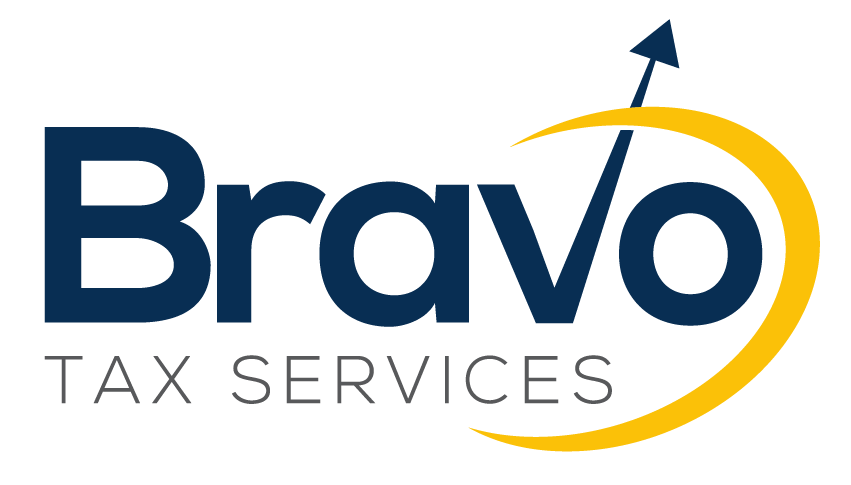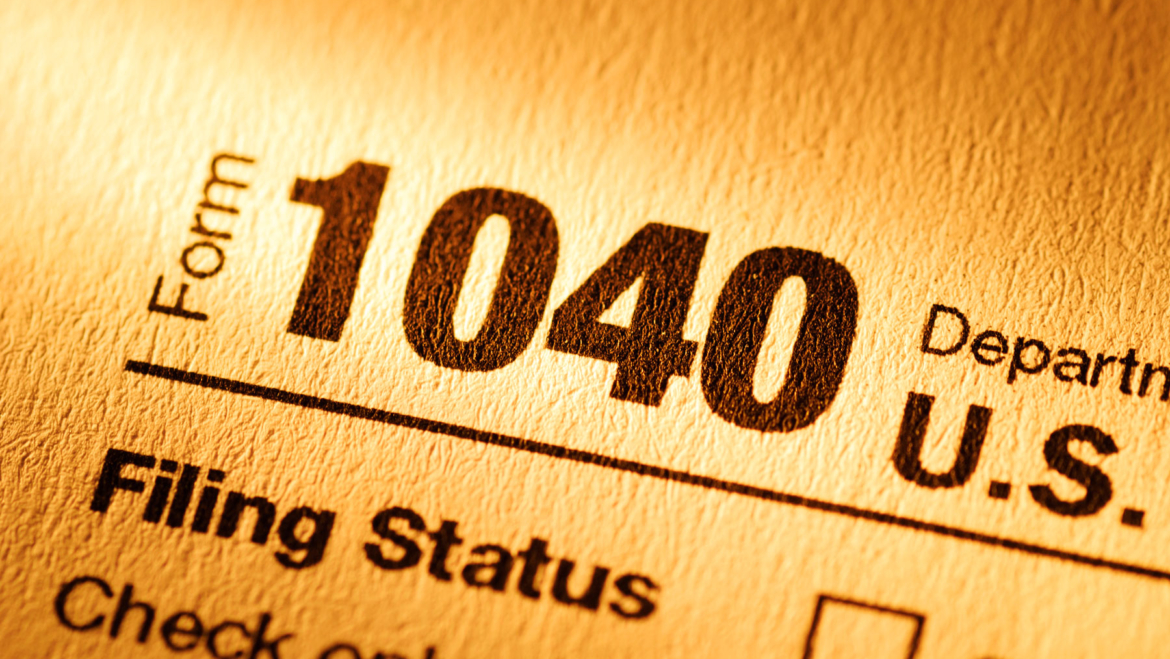The medical insurance premiums you pay on behalf of your employees can be deducted as an ordinary and necessary business expense on your Form 1040, Schedule C, thereby, reducing your taxable business income.
However, the premiums paid for yourself and your family are not deductible from your business income as reported on your Schedule C. Instead, the medical insurance premiums receive a special tax treatment. Premiums paid are deducted against your gross income in arriving at your adjusted gross income.
To deduct your premiums on your Form 1040, you must meet the following requirements:
You must have sufficient income from your self-employed business, and
• Neither you nor your spouse has medical insurance through your employment with someone else.
This special treatment is especially important for you if you do not itemize your deductions (take the standard deduction), or your total medical expenses (including medical insurance premiums) do not exceed the 7.5% adjusted gross income limitation for deductibility of medical expenses. By being self-employed, this special treatment will allow you to deduct the premiums paid.
If you are self-employed, and either you or your spouse has insurance through an employer’s program, the special tax treatment for self-employed individuals described above does not apply to you. The health insurance premiums you pay for yourself and your family are treated as though you are not self-employed. Therefore, if you itemize your deductions, you may still be able to deduct the insurance premiums paid as a medical expense.
Please note that partners of partnerships, members of limited liability companies, and greater than 2% shareholders of S corporations generally fall under the same rules for deducting health insurance as sole proprietors.

